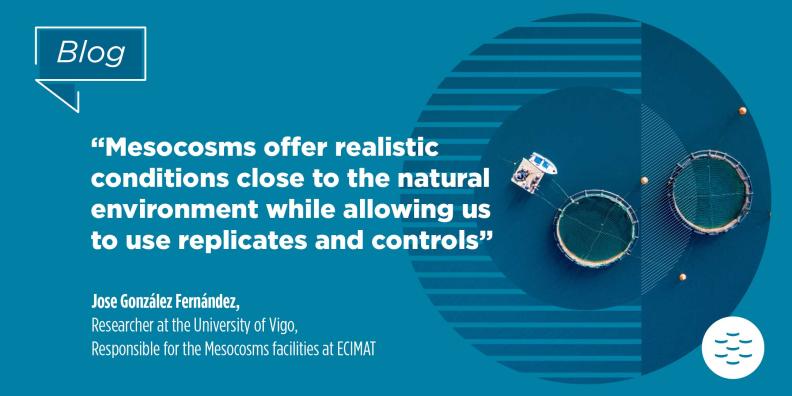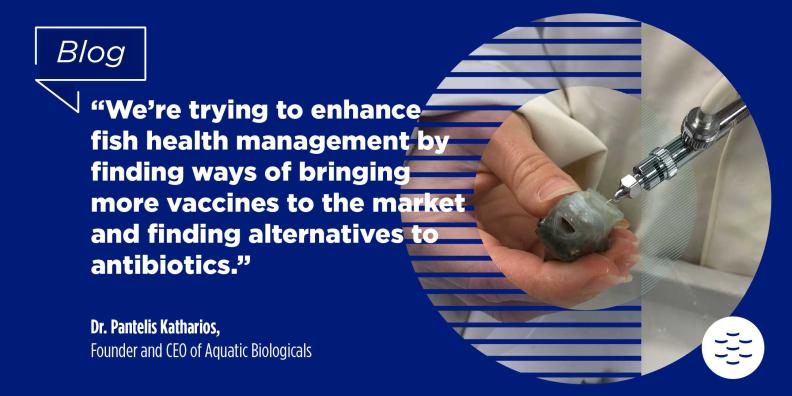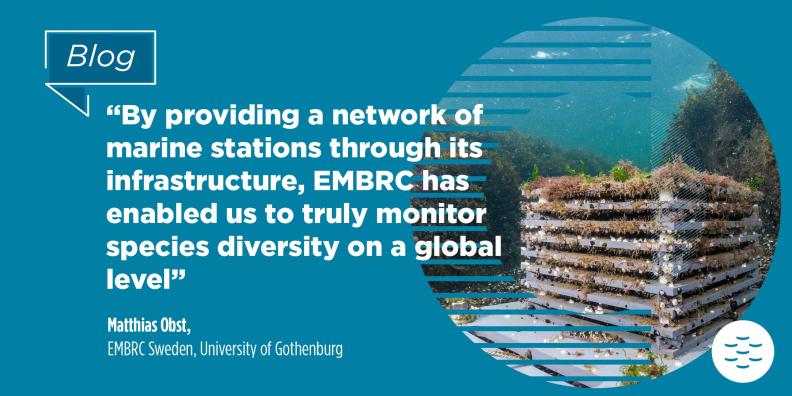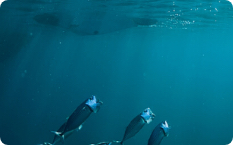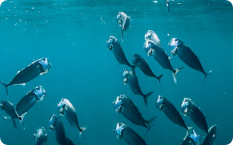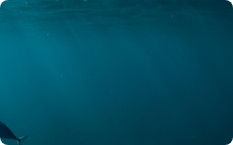The oceans are home to millions of plants and animals as well as potentially millions more that we are yet to discover. From the smallest microscopic plankton to blue whales, all living organisms in the ocean have a vital and intricate role to play in the healthy functioning of marine ecosystem, fundamental to all life on Earth.
Observing and understanding diverse aspects of marine life, including identifying species, studying lifecycles and habitats, exploring interrelationships and the impacts of climate change, plays a vital role in comprehensive understanding of the planet as a whole.
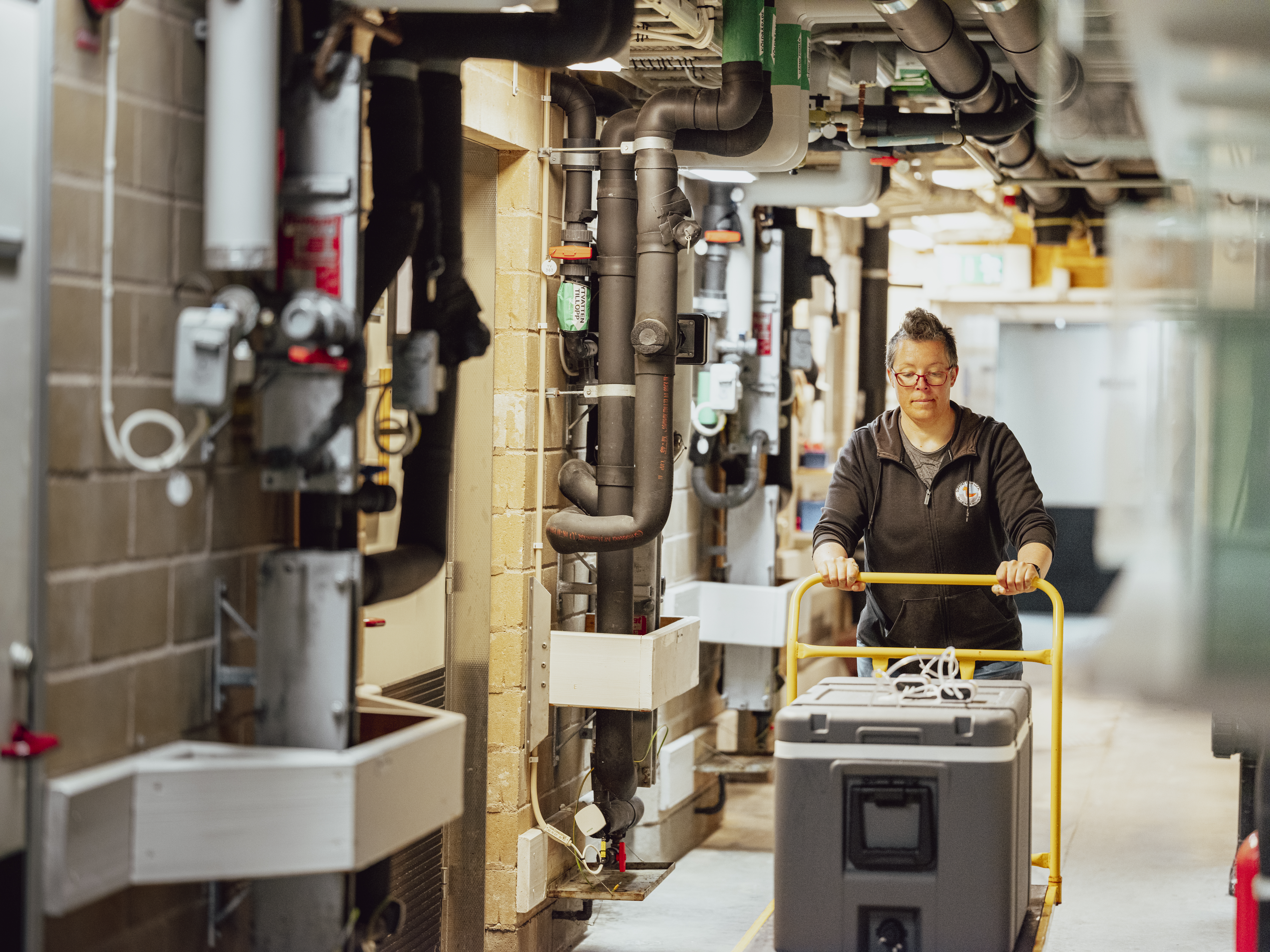 The second segment of the EU4OceanObs ocean observing awareness campaign focuses on marine biology and ecology observation with a spotlight on the European Marine Biological Resource Centre (EMBRC). As the effects of climate change worsen and human activity keeps taking its ever-growing toll on the marine world, never has our oceans, and the services they provide, felt so vital to our societies and our economies. In this context, understanding and monitoring marine biodiversity, that is – life in our oceans, play a crucial role in protecting, managing sustainably and restoring our planet’s largest ecosystem.
The second segment of the EU4OceanObs ocean observing awareness campaign focuses on marine biology and ecology observation with a spotlight on the European Marine Biological Resource Centre (EMBRC). As the effects of climate change worsen and human activity keeps taking its ever-growing toll on the marine world, never has our oceans, and the services they provide, felt so vital to our societies and our economies. In this context, understanding and monitoring marine biodiversity, that is – life in our oceans, play a crucial role in protecting, managing sustainably and restoring our planet’s largest ecosystem.
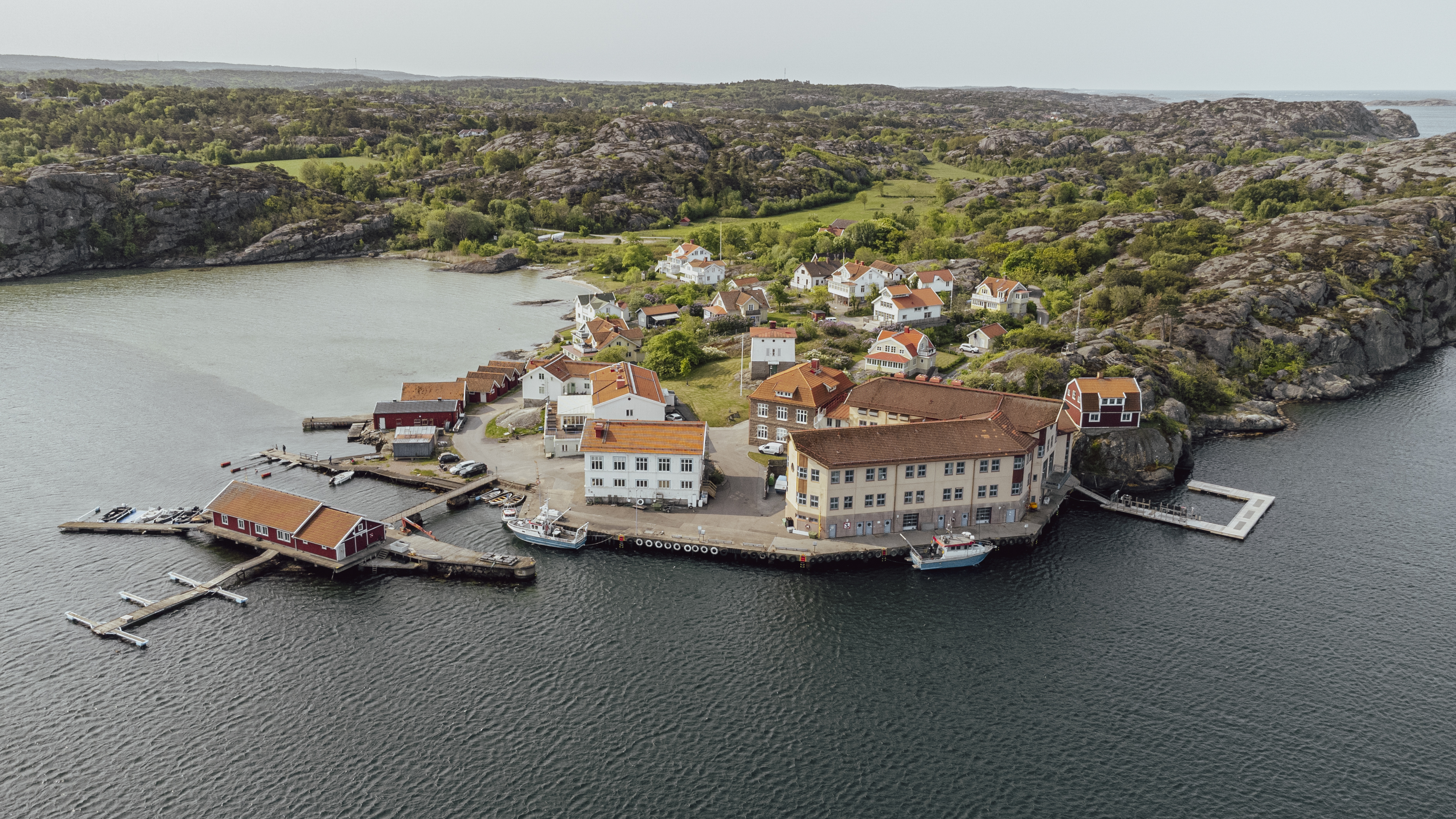 EMBRC’s ambition to accelerate knowledge of marine biodiversity is underpinned by its mission to provide a range of state-of-the-art facilities to support basic and applied marine research globally. Established as a European Research Infrastructure Consortium (ERIC) by the European Commission in 2018, today the EMBRC consortium is made up of 9 member countries, facilitating access to marine biodiversity and its ecosystems, as well as research facilities in over 70 marine stations in Europe.
EMBRC’s ambition to accelerate knowledge of marine biodiversity is underpinned by its mission to provide a range of state-of-the-art facilities to support basic and applied marine research globally. Established as a European Research Infrastructure Consortium (ERIC) by the European Commission in 2018, today the EMBRC consortium is made up of 9 member countries, facilitating access to marine biodiversity and its ecosystems, as well as research facilities in over 70 marine stations in Europe.
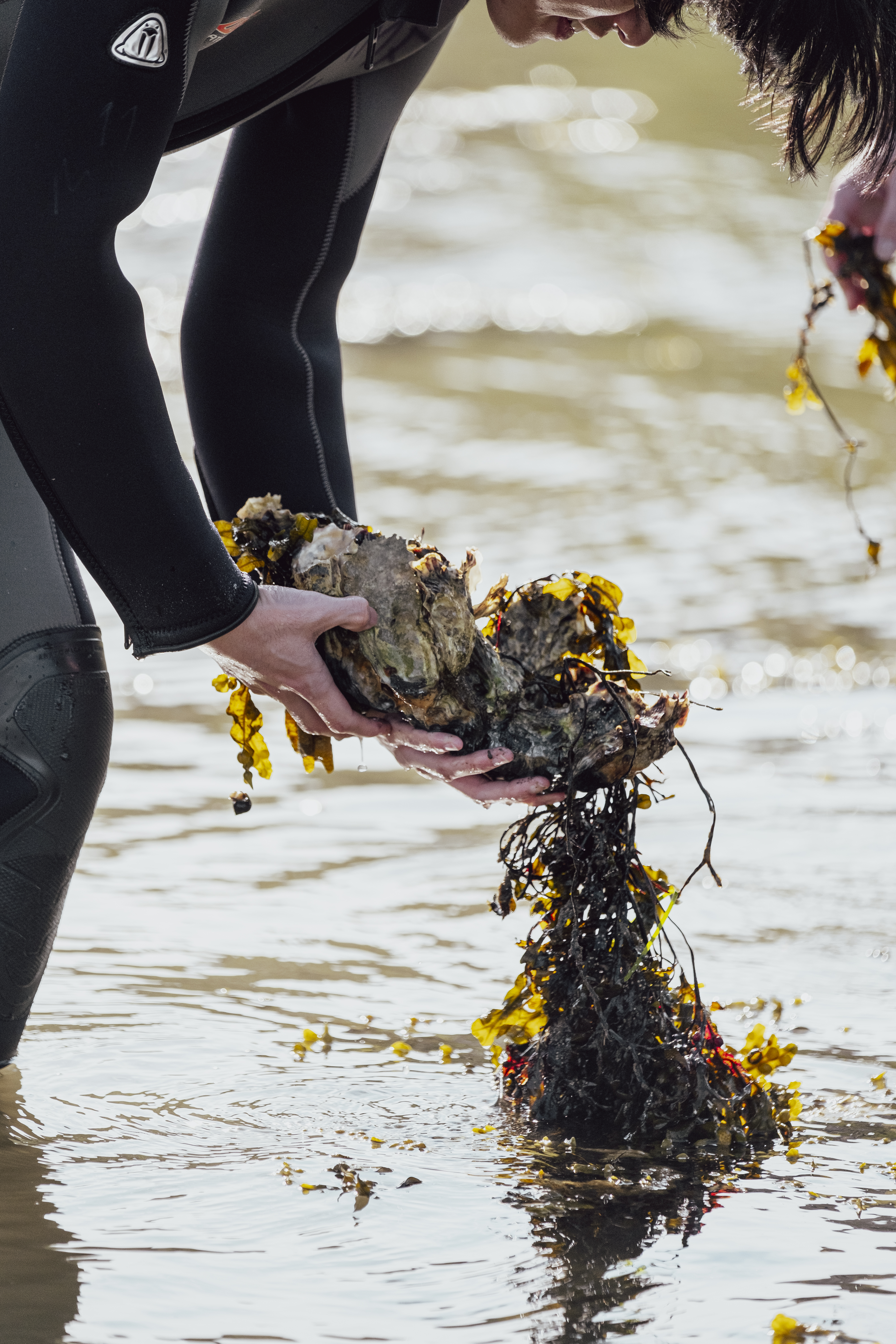 EMBRC developed the European Marine Omics Biodiversity Observation Network (EMO BON) and coordinates several research and innovation projects with the goal to fill current gaps in marine biodiversity observation, while collecting and spreading data and insights into the composition and health of biodiversity.
EMBRC developed the European Marine Omics Biodiversity Observation Network (EMO BON) and coordinates several research and innovation projects with the goal to fill current gaps in marine biodiversity observation, while collecting and spreading data and insights into the composition and health of biodiversity.
Thanks to a collaborative effort between the EU4OceanObs team at Mercator Ocean International, EMBRC headquarters and communication agency INUA PROD, the campaign features an array of articles, photos and videos, including footage from the Kristineberg Center for Marine Research and Innovation, one of EMBRC’s marine sites in Sweden. The materials produced aim to raise awareness on the major role of marine biodiversity observation and EU research infrastructures, such as EMBRC’s uniqueness in advancing knowledge for our planet and societies. The content spotlights EMBRC’s key contribution to the European and global ocean observing landscape, unpacking societal impacts, EMBRC’s flagship initiatives and research projects, challenges and future needs, among others. The resources also seek to illustrate the importance of generational diversity and exchange of knowledge by crossing the vision and role of both experienced and early-career professionals.












